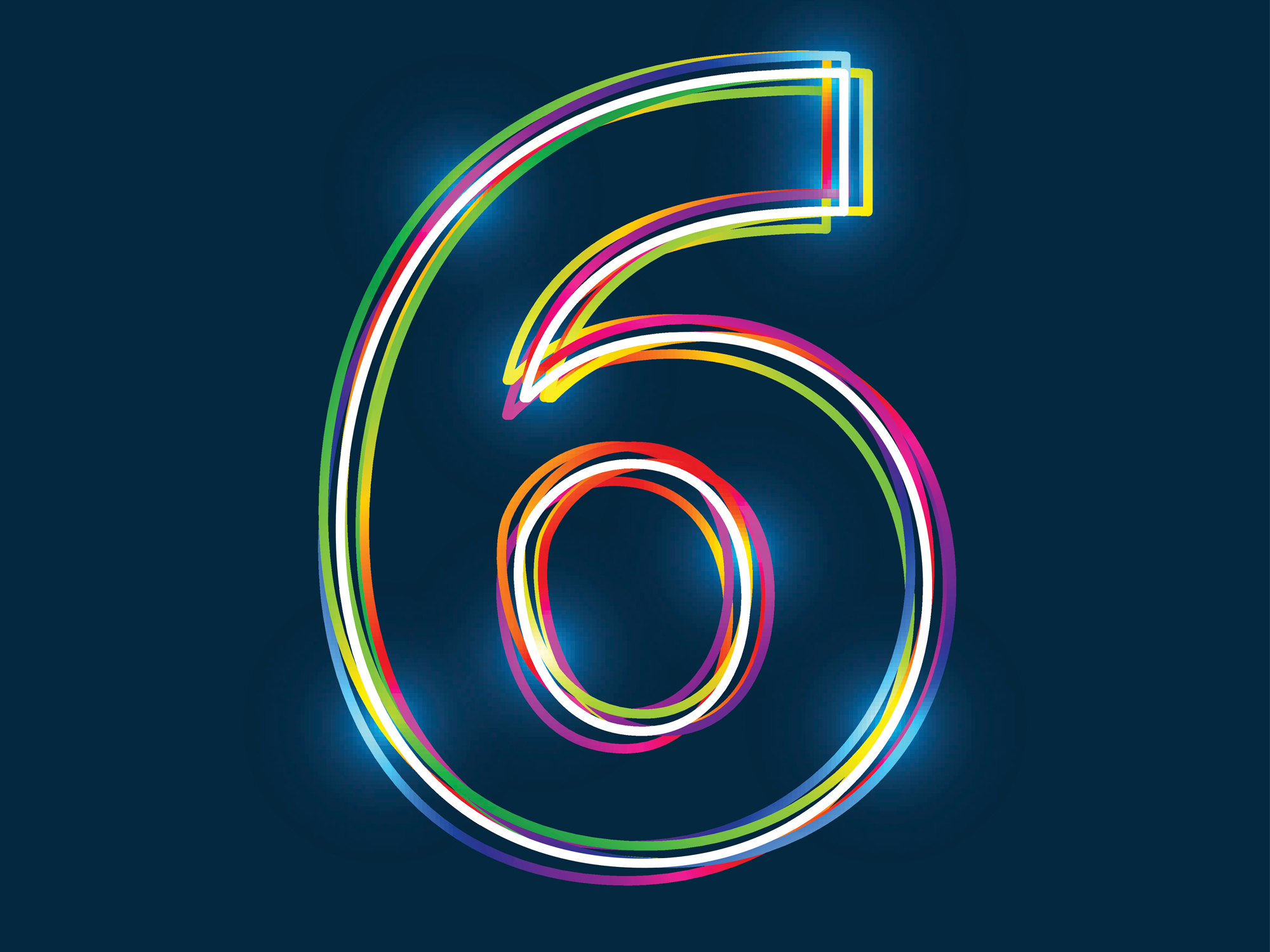Get Easy Health Digest™ in your inbox and don’t miss a thing when you subscribe today. Plus, get the free bonus report, Mother Nature’s Tips, Tricks and Remedies for Cholesterol, Blood Pressure & Blood Sugar as my way of saying welcome to the community!
6 factors including sex that help grow new brain cells

“Where did I put my keys?”
“What time did you say to be there?”
“Why did I come into the kitchen, anyway?”
Ever ask yourself these questions? I sure have! We laughingly write them off as our aging brains failing us again, call them a “senior moment,” and move on … until the next time it happens.
What if I told you it doesn’t have to be that way?
For a long time, science has told us that our brains reach their peak performance at around age 25, and that things slowly go downhill from there.
But new findings are setting the world of neuroscience on its ear and proving that we can help our brains continue to grow and develop well into old age.
New neurons in old brains
The hippocampus is the region of the brain that’s responsible for learning, memory, mood and emotion. It is also one of the few areas of the brain where neurogenesis, or production of new neurons — the specialized cells that transmit nerve impulses — is known to continue into adulthood.
Because of this ongoing ability for neuron production, Dr. Maura Boldrini of Columbia University focused on the hippocampus when she began to explore the question of whether aging affects neuron production.
Dr. Boldrini and her team looked at the brains of 28 deceased people ages 14 to 79. In all their samples, the researchers found similar numbers of neural progenitor cells (cells that will soon become neurons) and immature neurons. Based on this evidence, they concluded that the human brain continues to make neurons well into old age.
A month before Dr. Boldrini’s study, researchers from UC San Francisco also looked at the question of neurogenesis and age but did not find any evidence of new neurons being produced after adolescence.
Dr. Boldrini is quick to point out some key differences between her study and the UCSF study.
The Columbia study used 24 brains donated by families of the deceased at the time of their death. The brains had been flash-frozen so the brain tissue did not decompose. Since they had a whole brain, they had access to the entire hippocampus.
In contrast, the other study used brain samples from hospitals in China, Spain and the U.S., and only had access to pieces of the hippocampus that had been chemically preserved.
Neurogenesis and mental health
Dr. Sandrine Thuret sheds even more light on the question of adult neurogenesis.
A neuroscientist and neural stem cell researcher, Dr. Thuret reports that we produce about 700 new neurons a day in the hippocampus. In fact, by the time we turn fifty, we will have exchanged all the neurons we were born with for those we’ve generated as adults.
And, neurogenesis is important for more than keeping our memories sharp.
In her research on neurogenesis and depression, Dr. Thuret has proven that depressed people have lower levels of neurogenesis, and that antidepressants increase neurogenetic activity.
Could it be that the depression experienced by many elderly people is really just a symptom of a brain that needs help to keep growing?
6 factors that affect your brain growth
So, how do we make sure those new neurons keep showing up, year after year? Is there anything we can do to help?
There certainly is. Dr. Thuret lists six factors that have a direct correlation with continued neurogenesis into old age. They should all sound familiar to you as things we already think about when it comes to maintaining our health as we grow older:
- It should come as no surprise that learning new skills, new hobbies, and new subject matter can help generate new neurons and new connections in the brain.
- Increased stress is associated with slower productions of new neurons.
- When we are sleep deprived, neurogenesis slows. If we get enough restful sleep, we create more new neurons.
- Surprised? Sexual activity increases neurogenesis, perhaps because of the blood flow to the brain.
- Really, any kind of vigorous exercise that sends blood to the brain is good for producing new neurons.
- The last factor is our diet. Again, no real surprises here. The foods that support neurogenesis also support cardiovascular health, prevent stroke and have other major health benefits:
- Resveratrol (found in red wine and dark chocolate)
- Omega-3 fatty acids (found in wild salmon and walnuts)
- Blueberries (the anthocyanin that gives them their color is linked to neurogenesis)
- Folic acid (in lentils, dried beans, avocado)
- Zinc (in pumpkin seeds, chick peas, cashews, mushrooms and spinach)
- Flavonoids (red peppers, strawberries, broccoli, Brussels sprouts and garlic)
- Curcumin – the spice that relieves inflammation, regulates blood sugar, helps joint pain and more
Intermittent fasting and eating crunchy foods may also contribute to increasing rates of neuron production.
Things to avoid: Deficiencies in Vitamins B, E, or A, a high-sugar diet, saturated fat and alcohol.
Editor’s note: While you’re doing all the right things to protect your brain as you age, make sure you don’t make the mistake 38 million Americans do every day — by taking a drug that robs them of an essential brain nutrient! Click here to discover the truth about the Cholesterol Super-Brain!
- Surprise! Scientists find signs of new brain cells in adults as old as 79 — Los Angeles Times
- You can grow new brain cells. Here’s how — TED Talk













